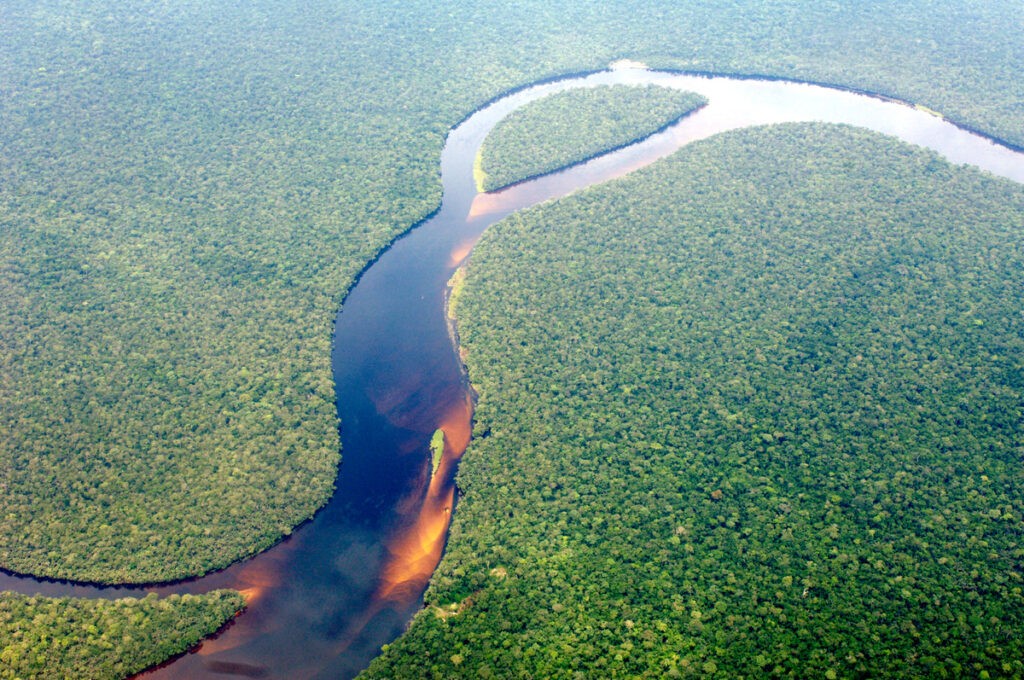The increasing push for voluntary carbon markets in Africa has raised critical concerns about their real impact on the continent. While positioned as a solution to the climate crisis, these schemes have disturbing implications, often resulting in land grabs and the displacement of local communities.
Alleged Exploitation by Global Corporations
Large, polluting corporations are increasingly involved in carbon offsetting projects in Africa. Companies like Total Energies have been implicated in schemes that lead to the displacement of African families from lands they have owned and farmed for generations. These projects, under the banner of environmental conservation, often serve the interests of these corporations, enabling them to continue their emission-heavy operations.
Evidence of Land Grabs
In the Democratic Republic of the Congo, families have reportedly been evicted from their ancestral lands to make way for carbon offsetting projects. Similar patterns have emerged across the continent, where the pursuit of carbon credits has led to the appropriation of land traditionally used by local communities for agriculture and habitation.
Indigenous Communities and Rights Violations
Indigenous communities, particularly in regions like Colombia, have raised their voices against these practices. They argue that carbon markets, far from mitigating climate change, are exacerbating social injustices and leading to environmental degradation. The displacement of these communities not only disrupts their way of life but also poses significant threats to their cultural heritage and livelihoods.
Questionable Environmental Benefits
The environmental efficacy of these carbon offsetting schemes is increasingly scrutinized. Critics argue that they offer a false solution to the climate crisis, allowing polluters to buy their way out of meaningful emission reductions. The temporary nature of carbon storage in forests and other natural reserves contrasts starkly with the permanent impact of fossil fuel emissions.
African Leaders’ Dilemma
African leaders are urged to reconsider their stance on carbon markets. The need for genuine climate funding from the global north is undeniable, but not at the cost of African sovereignty and the wellbeing of its people. The continent’s response to climate change must prioritize equitable and sustainable solutions that benefit its communities and ecosystems.
This situation calls for a reevaluation of climate finance mechanisms, ensuring they align with Africa’s needs and priorities. A focus on renewable energy, sustainable development, and respect for land rights is crucial. The voices of those directly affected by these projects must be at the forefront, guiding policies that shape Africa’s environmental and economic future.
The narrative surrounding carbon markets in Africa is a stark reminder of the complexities of environmental policies and their intersection with human rights and social justice. As the continent navigates these challenges, the path forward demands transparency, equity, and respect for the rights of its people.
